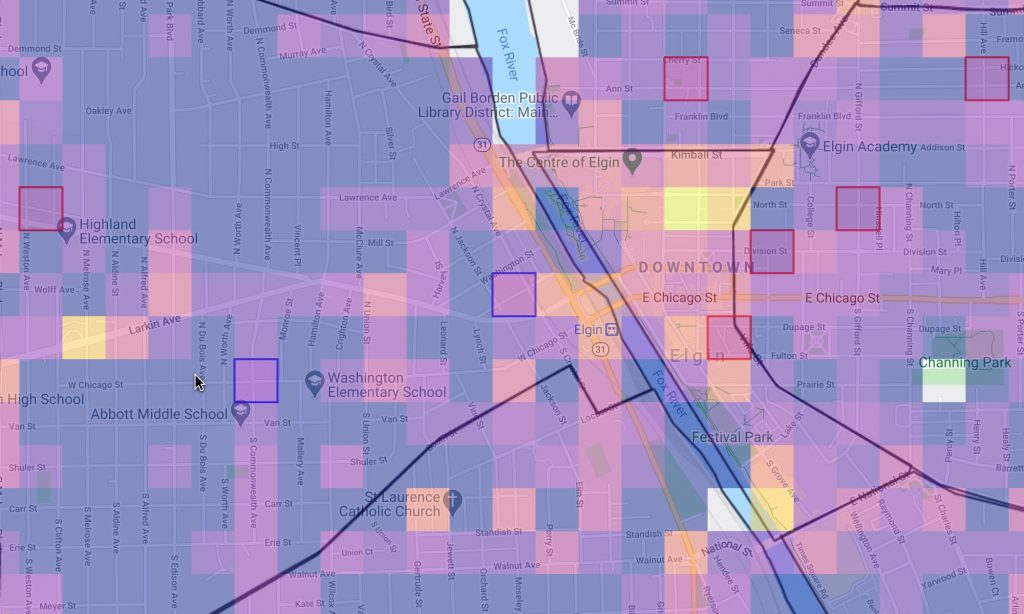
Instructor: Mark Shepard
ARC 626
Spring 2022
DESCRIPTION:
In the drive toward an ever more optimal, efficient and sustainable urban environments, notions of algorithmic governance increasingly appear in discourse on smart cities and intelligent urbanism. Machine learning systems and their attendant extractive data practices are frequently cited both for their potential to make cities better places to live and their tendency to do harm by further exacerbating existing social and environmental injustice. Some champion the application of machine learning to environmental monitoring and traffic control, for instance, whereby threats to (and inconveniences of) urban life can be better anticipated and managed. Others point to the emergence of an urban-scale data determinism at work in forms of anticipatory governance such as predictive policing, whereby discriminatory algorithms calculate crime risk scores for different urban areas in order to optimize the allocation of law enforcement resources. This seminar will survey forms of algorithmic governance and the various kinds of bias embedded within so-called smart urban systems and infrastructure. Through a series of readings, case studies, presentations and discussions, students will develop critical positions vis-à-vis the deployment of contemporary technologies within urban environments and their corresponding impact on urban life.


